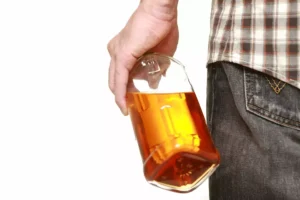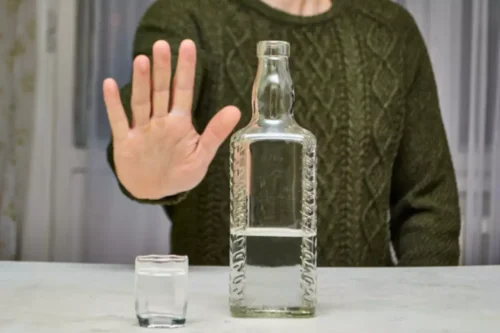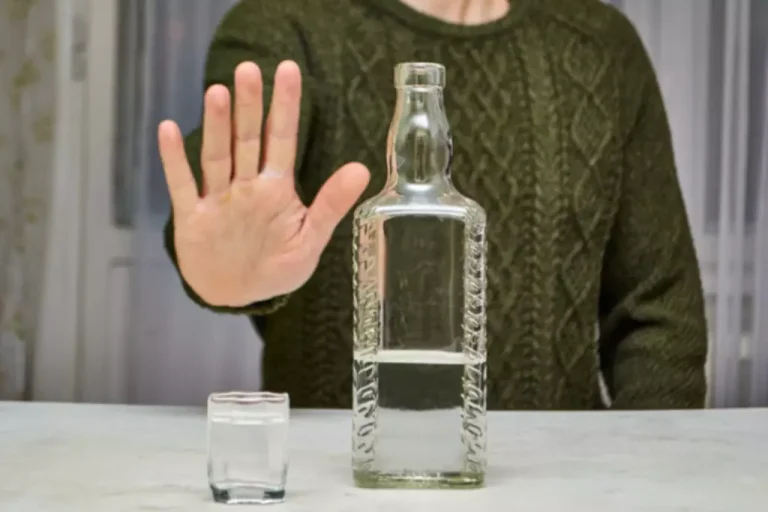
A person should also monitor their reaction to alcohol when using antidepressants. Some people who take selective serotonin reuptake inhibitors (SSRIs) may become severely intoxicated when they use antidepressants. The specific effects of alcohol on antidepressants depend on the antidepressant a person takes.

Signs and Symptoms of Depression
- Recommendations for the use of psychopharmacological treatment in patients with comorbid AnxDs and AUDs.
- This can lead to addiction and feelings of depression in the absence of the rewarding substance.
- And drinking alcohol, which depresses the central nervous system, can lead to more depressed feelings in those already suffering from depressive and other mood disorders.
- It’s a vicious pairing that can be difficult to overcome; however, treatment can be effective.
- The authors undertook an extensive review of publications, meta-analyses and Randomized Clinical Trials (RCTs), addressing AnxD and AUD treatments.
For many people, feeling sad or unhappy is a prominent symptom of depression. It can affect many aspects of a person’s life and can even be debilitating. In this article, learn more about the links between alcohol and depression, as well as when to see a doctor. After identifying 5,452 citations for review, we excluded 4,758 citations during title and abstract screening, yielding 694 citations for full-text eligibility assessment. We excluded 596 citations at this stage, 16 citations related to ongoing studies or those awaiting a final assessment.

Impact on your health
- Learn more about NIMH newsletters, public participation in grant reviews, research funding, clinical trials, the NIMH Gift Fund, and connecting with NIMH on social media.
- While some people may drink in an attempt to alleviate feelings of sadness, anxiety, or stress, alcohol is a depressant that worsens these conditions over time.
- For those struggling with alcohol and depression, seeking help is crucial.
- Chronic drinking can alter the brain’s physical structure, particularly in regions related to emotional regulation and impulse control.
- These effects worsen mental health conditions, particularly depression and anxiety.
- For example, Cloninger’s type II was essentially limited to men, while in the Babor et al. study (29), men were equally classified as type A or type B, but women were slightly more frequently classified as type A.
Illness and poor physical health can deepen depressive episodes, making it harder for individuals to recover mentally and emotionally. A combination of alcohol use and depression can create difficulties in treatment. A person who uses alcohol and who has depression may not be able to tell which symptoms are due to which issue until they seek treatment. People using other drugs or who use nontraditional antidepressants should be especially mindful of drinking. Both substances may make a person feel less alert, so they may be dangerous if a person takes them together. This is especially true for those who use other medications or have a chronic medical condition.

Why does depression make recovery from AUD harder?
It should be emphasized that, in some trials, SSRIs were found to be inferior to placebo in the treatment of AUDs, demonstrating a sort of facilitating effect with regard to relapse. Of course, when the comorbid disorder is relevant, there is probably a place for this treatment, but when the role of the AUD is prevalent, some reflections must be undertaken. When patients who drink heavily report anxiety, it helps to create a timeline with them to discern whether the anxiety is alcohol-induced or, instead, a pre-existing or primary anxiety disorder, which can help set expectations and a treatment plan. Sample timeline queries include the ages of onset of anxiety symptoms and of alcohol use, the longest period of abstinence, the presence or lack of anxiety symptoms during phases of alcohol drinking and extended phases of abstinence, and the family history of anxiety disorders and of AUD. 2019 research suggests that depressive disorders are more common in people with alcohol dependence than in those who engage in alcohol misuse, like binge drinking. However, both alcohol dependence and alcohol misuse fall under the AUD umbrella.
- Studies of twins have shown that the same things that lead to heavy drinking in families also make depression more likely.
- Thus, this medication should be used very carefully when treating AUD patients.
- Opinions expressed in contributed articles do not necessarily reflect the views of NIAAA.
- It is characterized by feelings of intense sadness and can last for months or even years.
- As such, it is a powerful research tool to assist patients, providers, and policymakers to make informed decisions about which intervention is most likely to improve healthcare at the individual and population levels.
- We conducted NMA using random effects models in a frequentist framework with the netmeta package (version 0.9–8) in the R statistical environment 34.
It is vital to discuss the risks and possible interactions of every medication with a doctor. Alcohol may even increase the risk of depression in babies exposed to alcohol in the womb. Children born with fetal alcohol spectrum disorders are more likely to develop depression later, according to an earlier study from 2010.
Alcohol can increase the risk of dangerous symptoms

Their use should be determined on the basis of a balance between efficacy and side effects, their characteristics and the patient’s preference. Currently, there are many drugs approved for the isolated treatment of AnxDs or AUDs. However, there is little certainty in cases of patients with comorbid AnxDs and AUDs, and it is not clear whether the recommendations issued separately for patients with AnxDs or AUDs can be accepted in comorbid patients. Furthermore, several studies have been carried out using non-approved medicines (off-label prescription) in patients with AUD and AnxD.

Quitting drinking on its own often leads to clinical improvement of co-occurring mental health disorders, but treatment for psychiatric symptoms alone generally is not enough to reduce alcohol consumption or AUD symptoms. Among people with co-occurring AUD and psychiatric disorders, AUD remains undertreated, leading to poorer control of psychiatric symptoms and worse outcomes. In the DSM-5, AUD requires at least two symptoms, whereas DSM-IV alcohol abuse required only one symptom. Also, from DSM-IV to DSM-5, modifications were made to the symptoms that were included as diagnostic criteria.
AUD and depressive disorders appear to share some behavioral, genetic, and environmental risk factors, yet these shared risks remain poorly understood. Mutual-help groups also can be effective elements of treatment for co-occurring AUD and depressive disorders. Many randomized trials have investigated treatments for co-occurring AUD and depressive disorders. In this section, trials that used medication and psychotherapy treatments are discussed, as are the effects of those treatments on depressive symptoms and AUD symptoms.
- However, such situations, which should be exceptional, are frequent in clinical practice, especially in a field such as psychiatry, and they occur frequently in patients with comorbidity (42) whose situations require drug combinations (43).
- Very few people require medication to quit alcohol and using a drug-free method of quitting alcohol can actually make it easy to quit, and stay quitted.
- Once comorbidity of alcoholism and depression has been clearly established, 2 symptoms of the depressive spectrum require special attention.
- Here’s some information to help you get ready for your appointment, and what to expect from your health care provider or mental health provider.
Alcohol misuse and depression are serious conditions that you shouldn’t ignore. If you think you have a problem with either, talk to your doctor or therapist. There are lots of choices when it comes to medication does drinking make your depression worse that treats depression, and there are drugs that lower alcohol cravings and counter the desire to drink heavily. You can also get help from Alcoholics Anonymous or an alcohol treatment center in your area.
